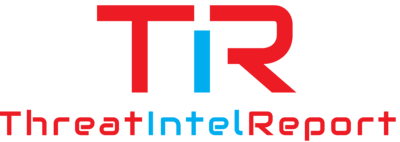In 2018, a massive data scandal involving Facebook and Cambridge Analytica came to light, revealing the unauthorized access and misuse of personal data from millions of Facebook users. The incident raised significant concerns about privacy, data protection, and the manipulation of user information.
1. Scandal Overview and Impact
a. Timeline: The data scandal surfaced in March 2018 when news reports revealed that Cambridge Analytica, a political consulting firm, had improperly obtained personal data from approximately 87 million Facebook users.
b. Data Misuse: Cambridge Analytica gained access to users’ personal information through an app called “thisisyourdigitallife,” which harvested not only the data of app users but also their friends’ data without their explicit consent.
c. TTPs (MITRE ATT&CK): Specific TTPs associated with the Facebook-Cambridge Analytica data scandal are not available.
2. Fallout and Response
The scandal sparked widespread public outrage, leading to investigations, hearings, and regulatory scrutiny. Facebook faced severe criticism for its handling of user data and its failure to prevent unauthorized access.
In response, Facebook implemented changes to its platform, including stricter data access policies and increased transparency regarding third-party app permissions. The incident prompted broader discussions on user privacy, data ethics, and the responsibilities of tech companies.
3. Lessons Learned
The Facebook-Cambridge Analytica data scandal shed light on the need for stronger user data protection and transparency measures. It emphasized the importance of informed consent, responsible data handling practices, and robust privacy controls. The incident also prompted individuals and organizations to reevaluate their relationship with social media platforms and the implications of sharing personal information online.
Further Reading: The Guardian – The Cambridge Analytica Files
